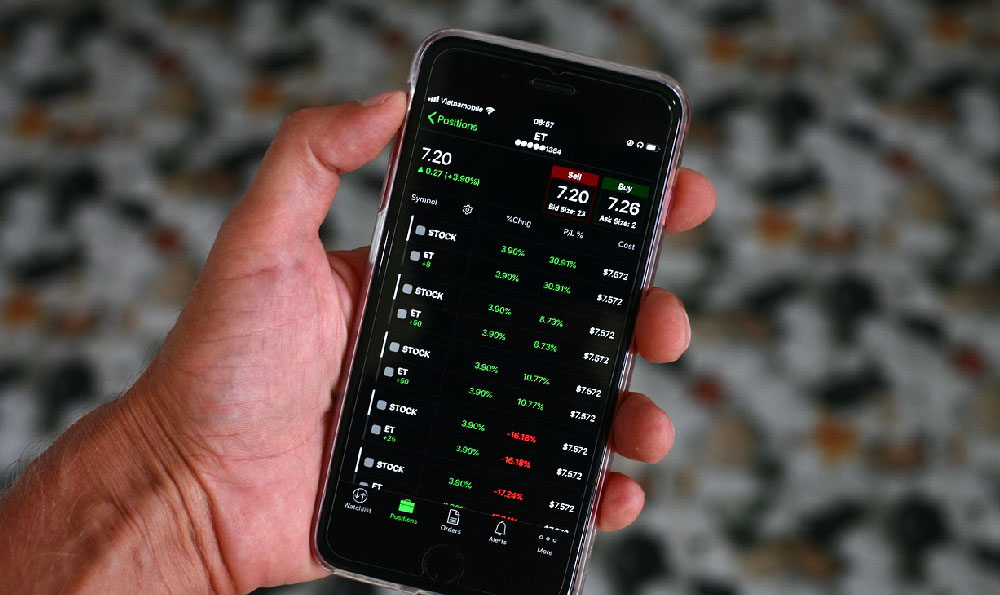
Fortnite, a cultural phenomenon that transcends mere video game status, has captivated millions globally with its vibrant gameplay, engaging narrative, and constant evolution. Understanding its financial performance, particularly its annual revenue, provides valuable insights into the game's enduring popularity and the sophisticated business model underpinning its success. Estimating Fortnite's yearly earnings requires a nuanced approach, considering various revenue streams and acknowledging the inherent opaqueness of private financial data. While Epic Games, the developer and publisher of Fortnite, does not publicly disclose precise annual revenue figures, credible estimations can be derived from industry reports, market analysis, and expert opinions.
One of the primary drivers of Fortnite's revenue is in-game purchases, specifically cosmetic items like character skins, emotes, gliders, and weapon wraps. These items do not impact gameplay balance, ensuring a level playing field for all players regardless of spending habits. This "free-to-play" model, combined with the inherent desire for personalization and self-expression, has proven incredibly lucrative. Players are consistently drawn to the diverse and frequently updated offerings in the in-game item shop, often driven by FOMO (fear of missing out) when limited-time items become available. The constant introduction of new and visually appealing items keeps the revenue stream flowing, transforming the game into a perpetually evolving digital marketplace.
Another significant revenue source stems from the Fortnite Crew subscription service. This monthly subscription provides players with exclusive skins, V-Bucks (Fortnite's in-game currency), and access to the current season's Battle Pass. The Battle Pass itself is another crucial element of the revenue model, offering a tiered reward system where players can unlock additional cosmetic items and V-Bucks by completing challenges and progressing through the season. The subscription model provides a predictable and recurring revenue stream for Epic Games, fostering player loyalty and engagement.

Beyond direct in-game purchases and subscriptions, Fortnite generates revenue through collaborations and partnerships with various brands and intellectual properties. These collaborations often involve the creation of themed skins, events, and game modes, attracting new players and reinvigorating interest among existing ones. Examples include collaborations with Marvel, Star Wars, and various music artists, injecting fresh content and excitement into the Fortnite universe. These partnerships not only generate revenue directly but also serve as powerful marketing tools, expanding the game's reach and appeal.
Estimating Fortnite's annual revenue based on these factors, along with available market research data, suggests that the game continues to be a significant revenue generator, although figures have fluctuated since its peak. During its height, around 2018 and 2019, various sources estimated annual revenue to be in the billions of dollars. While revenue has likely declined from those peak years due to increased competition and evolving player preferences, Fortnite still commands a substantial share of the free-to-play gaming market. More recent estimates, factoring in the evolving gaming landscape and Epic Games' overall financial performance, place annual revenue in the hundreds of millions of dollars. These figures represent a considerable sum, underscoring the game's enduring popularity and the effectiveness of its business model.
However, it's crucial to acknowledge the inherent challenges in precisely quantifying Fortnite's revenue. Epic Games is a private company, and its financial details are not publicly accessible in granular detail. Estimations rely on extrapolations from market research reports, analyst forecasts, and comparisons with similar games. These estimations are subject to inherent uncertainties and potential inaccuracies. Furthermore, changes in the gaming market, player preferences, and Epic Games' business strategies can significantly impact revenue figures from year to year.
Analyzing the market trends reveals that the gaming industry is constantly evolving. Competition from other free-to-play titles, shifts in player preferences, and the rise of new gaming platforms all contribute to the dynamic nature of the market. Fortnite must continually adapt and innovate to maintain its relevance and attract new players. This includes introducing new game modes, features, and collaborations, as well as optimizing the game for different platforms and devices.
Understanding the risks associated with any form of entertainment business is also essential. Player engagement can be fickle, and trends can change rapidly. A sudden shift in player preferences or the emergence of a new competitor could significantly impact Fortnite's revenue. Epic Games must continuously monitor the market, anticipate trends, and adapt its strategies accordingly to mitigate these risks. They must also focus on maintaining a positive community environment and addressing any concerns raised by players.
In conclusion, while pinpointing the exact annual revenue of Fortnite remains a challenge due to the lack of publicly available data, credible estimations indicate that the game continues to be a significant revenue generator, earning hundreds of millions of dollars annually. This success is driven by a combination of factors, including the game's free-to-play model, the constant introduction of new content, strategic partnerships, and a dedicated player base. However, the gaming market is dynamic, and Epic Games must remain vigilant, adapt to changing trends, and innovate continuously to maintain Fortnite's position as a leading title in the industry and secure its long-term financial success. Estimating Fortnite’s financial performance provides valuable lessons about effective game monetization strategies, the power of community engagement, and the importance of continuous innovation in the ever-evolving world of video games. The future revenue stream will depend heavily on Epic's ability to keep the game fresh, engaging, and relevant in a competitive landscape.





